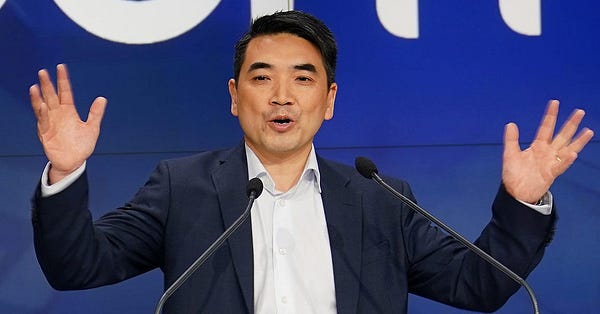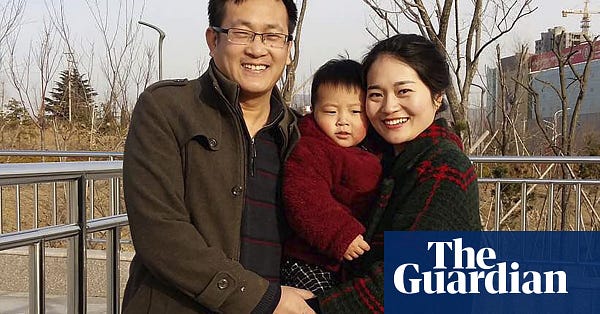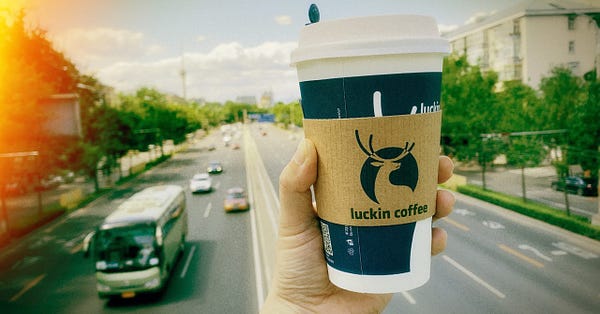“Freedom” from COVID-19
“Normal life is a distant dream” reads the New York Times headline on the story about the end of the 76-day lockdown of the coronavirus epicentre of Wuhan, amid masks everywhere. Movement requires a green symbol on a surveillance-based smartphone. And there are fears of a major relapse, even after daily COVID-19 deaths allegedly touched zero.


The pandemic also brings more questions about president Xi Jinping’s dedication to disinformation, based on messaging that continues with an outbreak timeline that’s full of holes. U.S. intelligence has stuck to the view that the cases and deaths were underreported. But the Communist diplomats are putting on a co-operative face:


After an open letter to the American people signed by 100 Chinese scholars, urging an end to blame games, about as many former high-ranking U.S. officials and scholars signed a letter urging Beijing and Washington to work together to fight COVID-19. But stories like this are a reminder of the different way things are done in China:


Supply vs. demand


Depending on authoritarian countries to fulfill critical needs sounds like a problem to be solved to a Canadian think tank. The McDonald-Laurier Institute is also urging the government to start thinking about long-term economic recovery. A slow response to the crisis has also brought on urgings for more and faster testing to end the lockdown:
Meanwhile in Washington


Donald Trump’s claims of trying to stop COVID-19 from coming to America inspired this look into the drama around a month of infighting—a period in which it started to spread. The lag between the outbreak and response was the subject of another report:


After a declaration from Trump that the U.S. would freeze funding to the World Health Organization for being “very China centric” and providing inadequate guidance about the coronavirus, he clarified plans to simply look into doing so, to the chagrin of WHO.
At the speed of Zoom
The suddenly sensational video chat platform was banned by Taiwan after Zoom CEO Eric Yuan said some calls were routed to China as it scrambled to ramp up capacity. But researchers at Toronto’s Citizen Lab also found it used some encryption keys routed through Chinese servers. (Public access to Zoom is technically banned in China.)
Free to a certain degree
Freedom hasn’t entirely come yet for the human rights lawyer jailed for subversion in 2015. But then, Wang Quanzhang’s family didn’t know he was alive for three years, until he was put on trial, while his wife and son were subject to constant surveillance.
The last words, for now
Luckin Coffee eclipsed Starbucks in China in barely two years, thanks to app-based giveaways. But its NASDAQ listing required a disclosure that former chief operating officer Jian Liu may have inflated company revenue by $300 million. Some fans see their continued support as a patriotic gesture; others hope to grab freebies while they can:
The China Letter is sent on Wednesdays. If you’re not subscribed yet, do it here:











